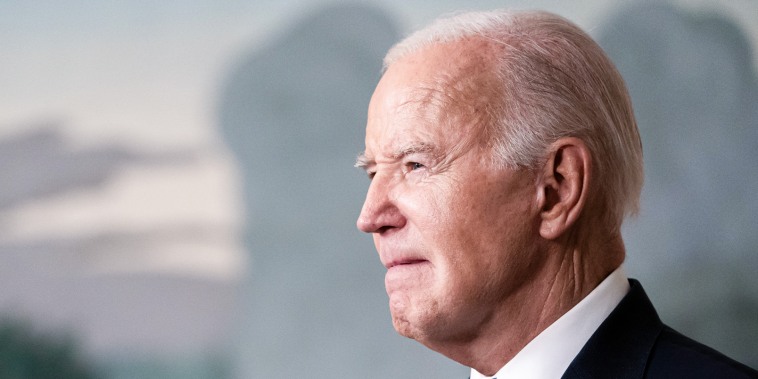In a move that is sending shockwaves across the financial industry, business organizations are mobilizing in response to proposed legislation that seeks to cap credit card late fees. This controversial development, which has garnered mixed reactions from different stakeholders, has the potential to significantly impact consumers, financial institutions, and the overall economy.
The proposed legislation, which aims to limit the amount that credit card companies can charge in late fees, has sparked intense debate among policymakers, businesses, and consumer advocacy groups. While proponents argue that capping late fees will protect consumers from unfair charges and promote financial transparency, opponents warn that such measures could have unintended consequences and disrupt the smooth functioning of the credit card industry.
Business groups, including major banks and credit card issuers, have been quick to push back against the proposed legislation. They argue that late fees are a necessary source of revenue for financial institutions and serve as an important mechanism for encouraging responsible borrowing behavior. Capping late fees, they contend, could lead to higher interest rates and reduced access to credit for consumers with lower credit scores.
Furthermore, opponents of the proposed legislation raise concerns about the potential for increased risk and operational challenges for credit card companies. They argue that limiting late fees could incentivize risky borrowing behavior, leading to higher default rates and increased financial instability in the industry. Additionally, proponents of maintaining late fees assert that they play a crucial role in covering the costs of servicing delinquent accounts and help to offset the risks associated with lending to subprime borrowers.
On the other hand, supporters of the proposed legislation highlight the negative impact that high late fees can have on vulnerable consumers, particularly those living paycheck to paycheck. They argue that excessive late fees can trap individuals in cycles of debt and financial insecurity, exacerbating income inequality and perpetuating financial exclusion. By capping late fees, proponents believe that consumers will be better protected from predatory practices and able to manage their finances more effectively.
As the debate surrounding the proposed legislation intensifies, it is clear that finding a balance between consumer protection and industry sustainability will be crucial in shaping the future of credit card regulations. While business groups are advocating for maintaining the status quo to safeguard their interests and financial stability, consumer advocacy groups are pushing for reforms to empower individuals and promote fairer lending practices. Ultimately, the outcome of this legislative battle will have far-reaching implications for both consumers and the financial sector, underscoring the complex interplay between regulation, consumer rights, and industry profitability.

